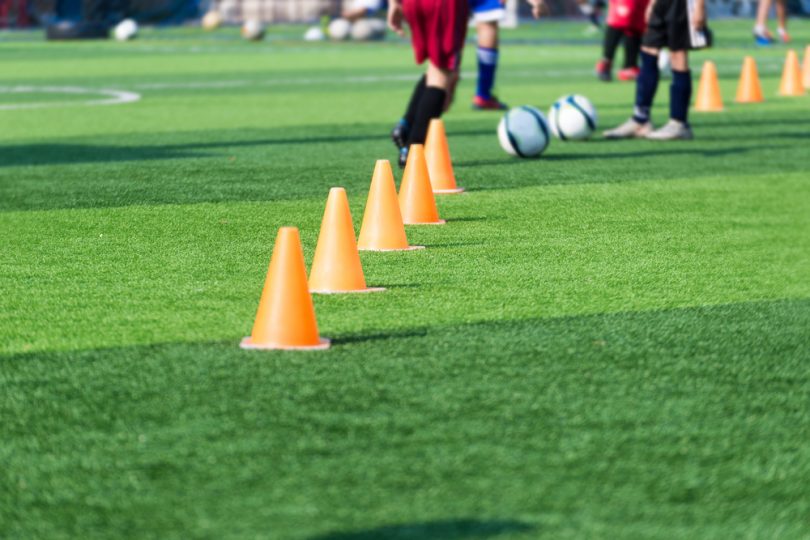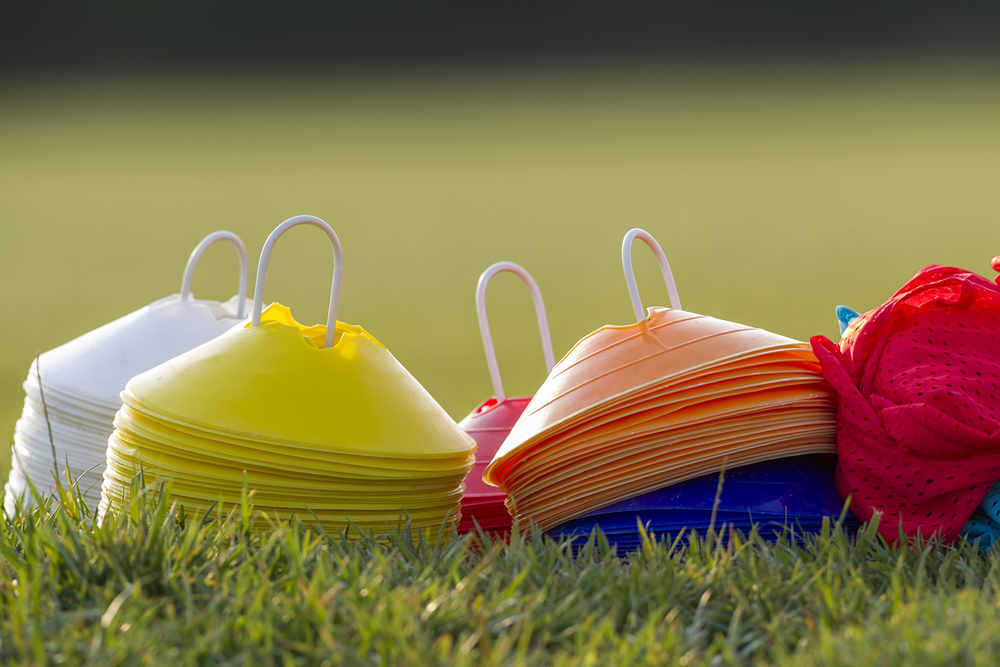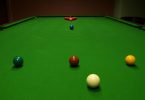Fail to prepare, prepare to fail – the mantra of any good coach. Before any training session, as a coach, you must have a clear plan written down or at least in your head. Think about what you hope to achieve, the objectives of your session and, most importantly, your delivery.
Session Theme
Every session should have a running theme to it, rather than consisting of a number of practises that are thrown together. For example, if you are taking a soccer session then you may decide that the theme of your session is attacking – therefore, your practises will be geared towards the attacking element of the game.
Each different player will excel in different areas of their respective sport, depending on the position that they play and where their talent lies. By preparing a number of sessions with different themes, this gives your players the opportunity to develop in areas of their game that they are not so strong, as well as refining areas where they are.
Practises
Once you have settled on the theme of your session, next is to plan your practises. Think about how much time you have with your players and how this will fit in.
It is always best to begin with a warm-up activity that players can join in as they arrive, this way players that arrive early are not sitting around bored. Arrival activities can be fun and something as simple as passing a ball around in groups or small-sided games.
As you plan your session, try and keep to set timings for each practise so as you don’t lose track of your session, but allow for flexibility. If a practise is not going to plan, either because the players are struggling to cope or for any other reason, have a contingency plan to fall back on and adapt.
Of course, the one thing that all players want to do is to play, so try and end the session with a game while encouraging your players to utilise the skills they have worked on in the session.
Equipment
As you plan each practise, take into consideration the equipment that you will need. Write this into your session plan next to each practise – items such as cones and bibs can easily be overlooked without a proper plan.
It would be more than embarrassing to plan a session, only to find once you get there that you do not have the relevant equipment. The importance of planning ahead and ensuring that you have all of the necessary equipment can never be understated.
Safety
The most important aspect of planning any session is making sure that the session and facilities are safe for all of those involved. From football ground equipment to road studs and anything in between, as a coach, it is your responsibility to ensure that the environment and practices are safe.
This also means checking for any signs of injury. A player may not be forthcoming with an injury if they feel that they can carry on as they don’t want to sit the session or game out. Be observant and ask questions of a player if they are showing signs of struggling, as well as asking before the start of the session if anyone is carrying any injuries.
Future Sessions
Planning one session is one thing, but the best coaches plan a block of sessions to complement each other. Youth coaches will often work through a syllabus, similar to a normal teacher, to introduce elements of the game in an organised manner.
The next time you begin to plan your session, consider what aspects of the game your team needs to develop and think about how each session ties into each other.








